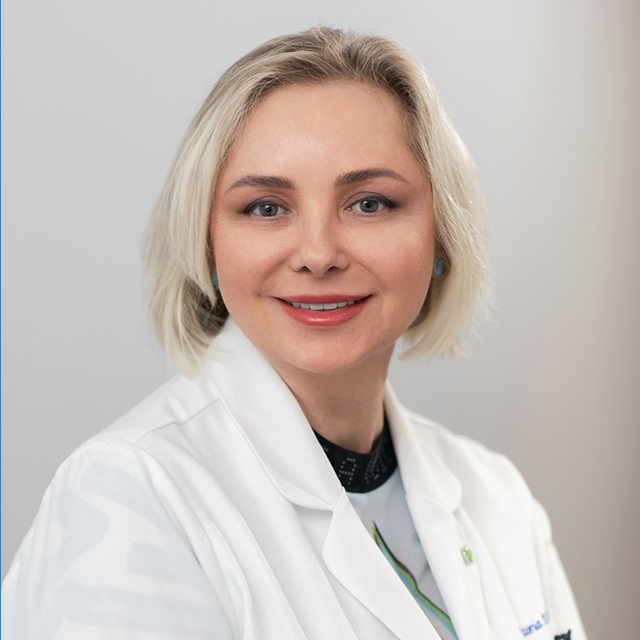Although you only see the white outer covering of your teeth, the hard enamel, your teeth actually have multiple layers. When these layers develop holes due to trauma or decay, bacteria find a home into those holes. As the bacteria enlarge the holes, the loss of integrity compromises the tooth. Cavities, also called caries or tooth decay, result from frequent snacking, improper cleaning, sugary drinks and sweet foods. An improper bite can also cause tooth decay because it makes cleaning your teeth more difficult. Cavities start small, but if you don’t have them treated, they grow larger and eventually ruin the structure of the tooth, leading to infection and potentially the need for an extraction. The doctors at Atlas Park Dental offer the best methods of tooth decay treatment in Glendale, NY. They and their knowledgeable staff teach you the helpful habits you and your family can practice to prevent more cavities.
Cavity symptoms vary depending on its size and location. If you have a small cavity in the early stages, you may not even know it’s there. Larger cavities — or those closer to a tooth’s nerve — may cause other symptoms, such as:
Those at Risk for Tooth Decay Anyone who still has teeth can develop cavities. Certain individuals, however, show a greater tendency to develop tooth decay and cavities. Common risk factors for tooth decay include:
Cavities in adults and children can cause lasting complications. Bacteria breed infections that compromise your immune system. Infections cause nerve pain, swelling, discomfort and even fever. Sometimes, although rarely, infections spread from the mouth into the rest of your body with serious or life-threatening results. Broken, chipped or cracked teeth with cavities often lead to tooth loss. And without restorative treatments, tooth loss causes shifting teeth that may result in chewing and bite problems. If you don’t have tooth decay addressed, you can expect to need more expensive dental treatment in the future. This can particularly affect small teeth, making them more susceptible to damage and subsequent complications like pulpitis.
Your Glendale, NY family dentist relieves your discomfort with one of several strategies. They treat your cavity by removing any decayed or compromised material. Then, they fill the hole with dental bonding material. The filling usually holds for 10 to 15 years. If the doctors at Atlas Park Dental can’t save your tooth, they may need to replace it completely. They have multiple options for replacing the tooth, including a dental bridge, dentures or implants. The team always strives to preserve your natural teeth, but if an infection or decay advances too far, that goal isn’t always possible.
The doctors at Atlas Park Dental help you implement a prevention plan to fight further damage or future tooth decay. Some suggestions include:
Your Glendale, NY dentist may perform other procedures in combination with common tooth decay treatments. If you need cosmetic dentistry treatment, for example, to improve your smile after substantial cavity treatment, you can receive the same quality service at Atlas Park Dental. Contact us today!

My name is Victoria Kushensky. I am a general dentist dedicated to remaining at the forefront of my field. Combining compassionate care with extensive knowledge, I offer cosmetic and general dentistry services as well as advanced root canal treatments.
I earned my Doctor of Dental Surgery (DDS) degree from the esteemed New York University College of Dentistry. Throughout my career, I have honed my skills in various dental procedures, ensuring effective treatment for each patient’s unique needs. I prioritize patient comfort and understanding, taking the time to thoroughly explain procedures and address any questions.
More about Dr. KushenskyAtlas Park Dental
80-28 Cooper Ave #207
Glendale, NY 11385
(718) 894-2110